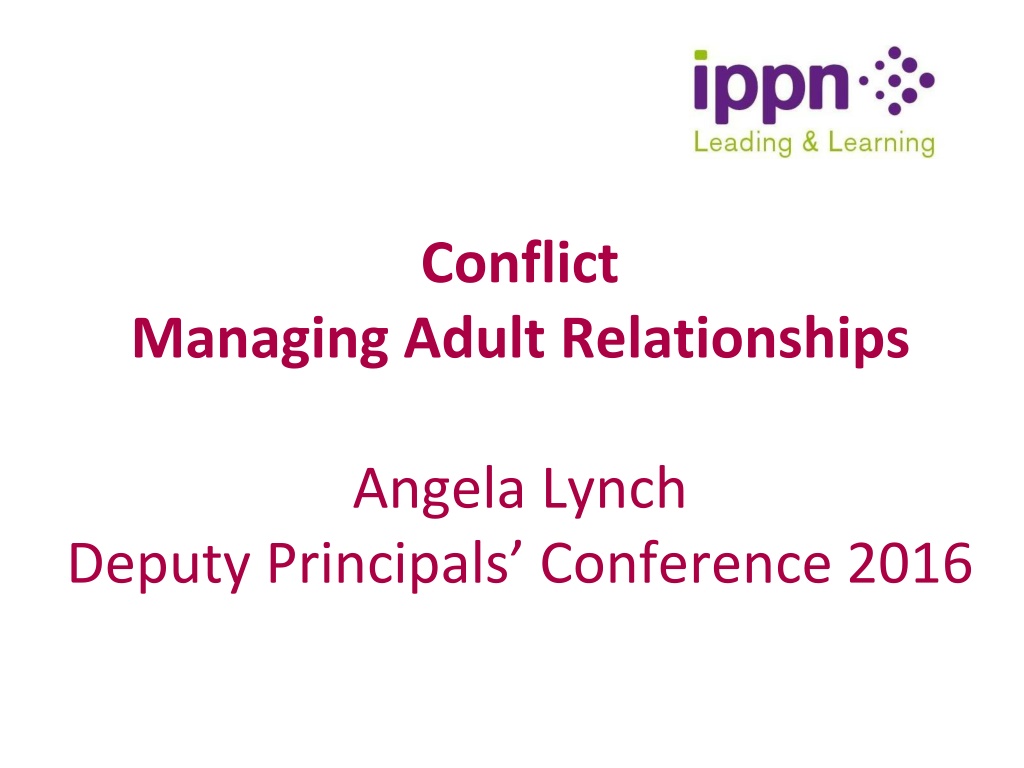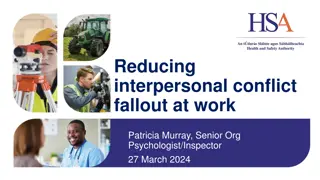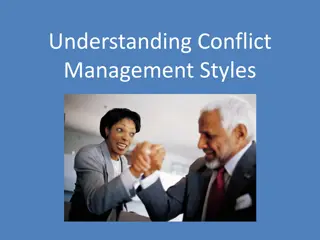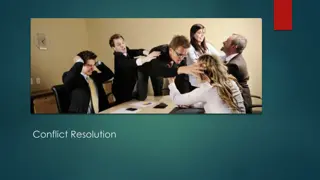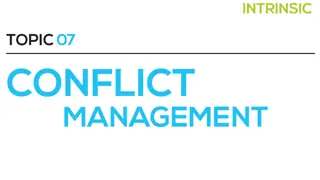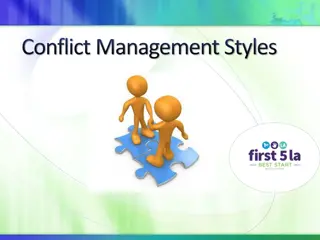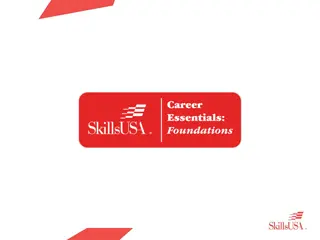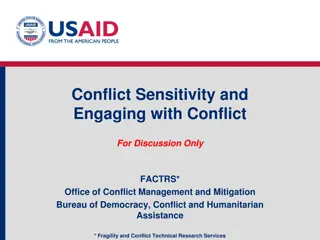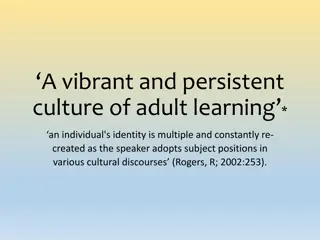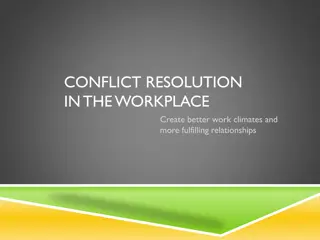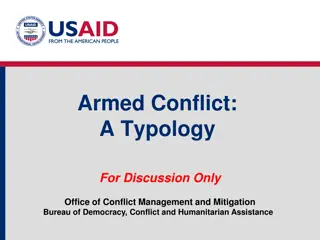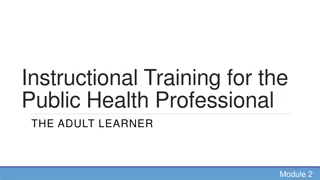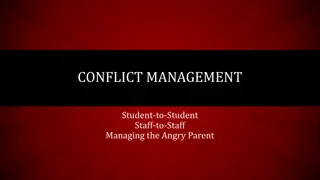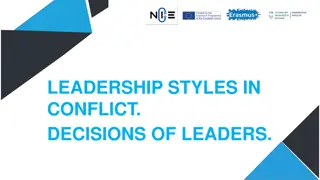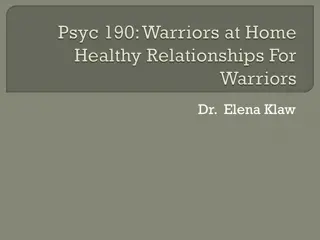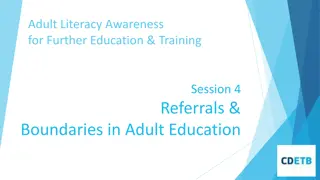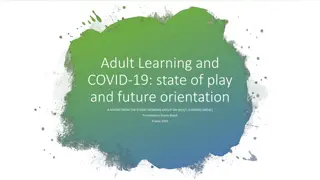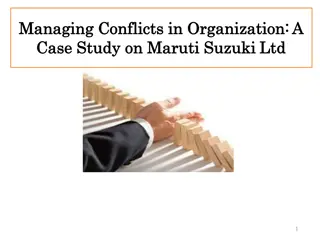Effective Conflict Management in Adult Relationships
Discover strategies for managing conflict in adult relationships within the school community. Explore societal issues, communication skills, and procedures for handling parental complaints effectively. Learn how to navigate conflicts with staff members, parents, and principals to foster a harmonious environment conducive to growth and collaboration.
Download Presentation

Please find below an Image/Link to download the presentation.
The content on the website is provided AS IS for your information and personal use only. It may not be sold, licensed, or shared on other websites without obtaining consent from the author. Download presentation by click this link. If you encounter any issues during the download, it is possible that the publisher has removed the file from their server.
E N D
Presentation Transcript
Conflict Managing Adult Relationships Angela Lynch Deputy Principals Conference 2016
Overview Societal issues Relational world Communication Innate gift Developing proficiency Knowing yourself, knowing others Leader centric culture
Conflict in the School Community Staff Members Staff Members and Principal School and Parents Principal and Chairperson/Board
If we dont change the direction we are going, then we are likely to end up where we are heading. Chinese Proverb
Conflict is Inevitable Part of life experience Non engagement with conflict Making the shift Learning skills Molehills and mountains
Procedures Parental Complaints Procedure Steps of procedure Communication to all parties Roles and responsibilities Grievance Procedure for Staff
Parental Complaints Procedure If we know that procedures exist and insist that we use them, why then is conflict especially in the area of parent / school relations escalating at an alarming rate?
What do people need when they make a complaint? To be listened to To be understood To have their feelings of hurt, anger or frustration acknowledged To have the complaint taken seriously To have the complaint dealt with as a matter of urgency (Putting it on the long finger tends to escalate the problem) Above all else, to be treated with respect
Parents Parent has rehearsed Parent is anxious Parent is defensive Parent naturally believes their child Parent may have their own agendas Parent s emotions are high
Self awareness What are you feeling? What are you thinking?
Considerations Be calm Listening intention Safe atmosphere Taking notes Eye contact Ask questions (not an inquisition!) Sum up and reflect issue to person Next step and timescale
Walking through the procedure Origin of complaint Class teacher Principal Chairperson Board of Management Patron Escalated stages
Communication & Discussion Necessity of clear communication and discussion to: Produce a plan, the key elements of which define what situations constitute conflict Indicate steps for handling conflict when it arises Examine beliefs about conflict Plan how this will be communicated and to whom
Teacher/Principal/Chairperson Acknowledge presence of parent Listen Taking notes Mutual concern and support Remain calm Show hope working together Child at centre of issue
Courage is what it takes to stand up and speak. Courage is also what it takes to sit down and listen. Winston Churchill
It is astonishing that elements which seem insolvable become solvable when someone listens. How confusions which seem irremediable turn into clear flowing streams when one is heard. Carl Rogers
Research 7% - Word meanings 38% - Tone of voice 55% - Body Language
Body Language Awareness of own body language Awareness of the other person s body language
Working with Staff Agreement in advance re scenarios Rehearsing the What if___ scenarios Type of language Becoming aware of emotions Becoming aware of one s own triggers Always refer to national procedures Seek advice in advance
The most important thing in communication is hearing what isn t being said. The art of reading between the lines is a life long quest of the wise. Shannon L. Adler
